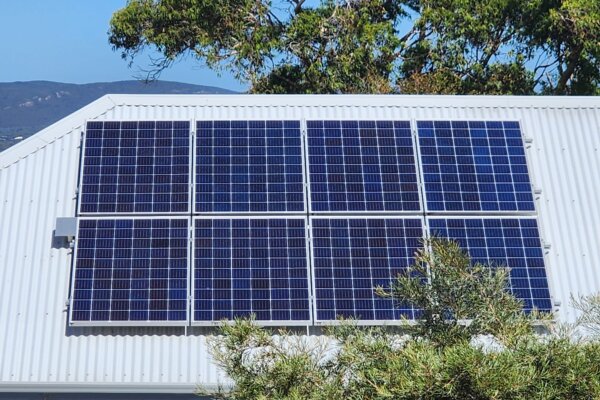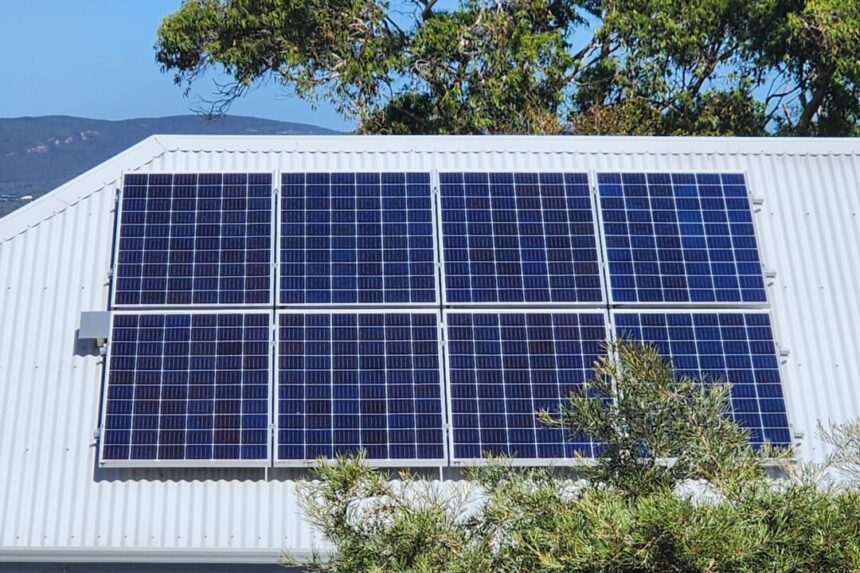
The government aims to have 80 percent of the energy grid sourced from renewable sources by 2035.
The Miles Labor government has passed legislation to enforce a 75 percent reduction in climate change emissions by 2035.
This legislation also mandates that 80 percent of energy generation come from renewable sources by 2035, with a target of 50 percent by 2030.
Although Liberal-National Party parliamentarians supported the climate emissions targets, they did not support legislating them.
“The legislation includes strong action on emissions reductions, with laws passed to establish targets of 30 percent below 2005 levels by 2030, 75 percent below by 2035, and achieving net-zero emissions by 2050.”
Concerns About Cost for Average Families
The opposition expressed concerns about the potential impact on electricity bills.
O’Connor noted that the LNP had long been committed to achieving net-zero emissions and expressed confidence in reaching the proposed targets based on the state’s emission reduction progress.
Shadow Energy Minister Deb Frecklington raised concerns about the costs associated with the proposed infrastructure and its potential impact on taxpayers.
Opposition Leader David Crisafulli did not support the federal Liberal-National party’s push for nuclear energy, citing the need for bipartisan agreement for investment.
Premier Steven Miles emphasized the government’s commitment to securing economic, social, and environmental prosperity for the state, with plans to create 100,000 new jobs through the energy and jobs plan.
Minister for Energy and Clean Energy Jobs Mick de Brenni highlighted Queensland’s dedication to taking real action on climate change while ensuring economic growth for communities.
The Response
One Nation leader Pauline Hanson criticized the LNP for supporting stringent climate targets, raising concerns about potential restrictions and environmental impacts.
The Australian Conservation Foundation praised the legislation’s passage but expressed concerns about the uncertainty surrounding renewable energy targets leading up to an election.





